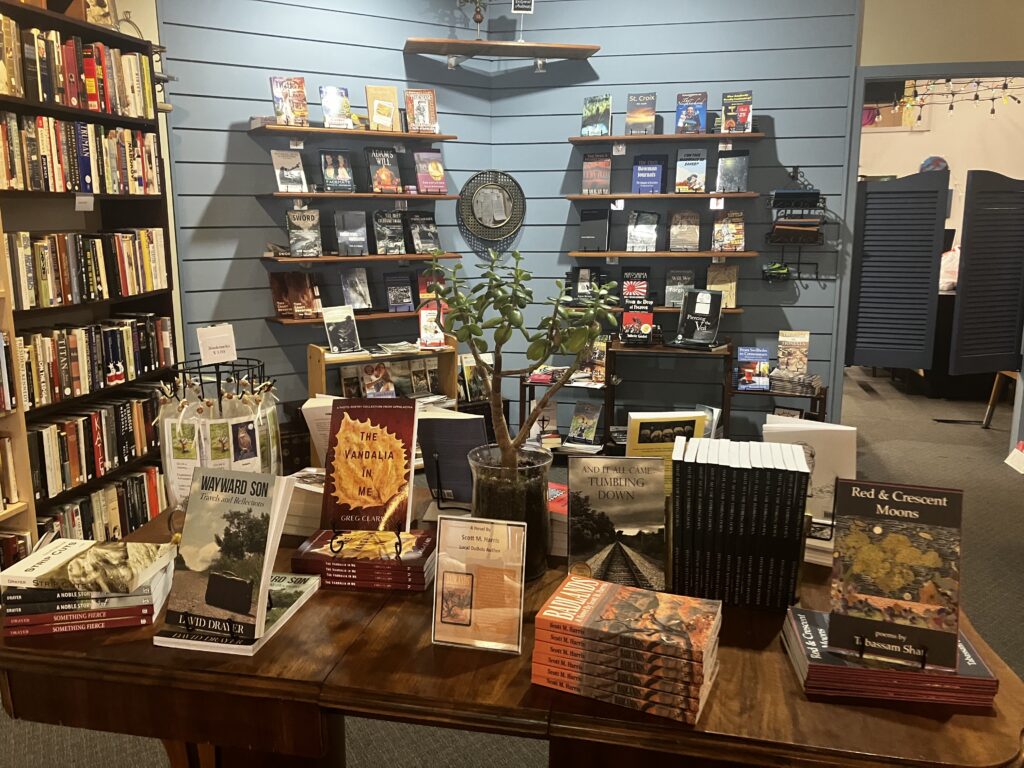Why Reading Local Authors Matters: A Rural Perspective

In an increasingly globalized world, the voices of local authors are often overshadowed by the titans of mainstream publishing. Yet, for readers in rural areas, the works of local authors offer an invaluable connection to the culture, landscapes, and stories that shape their communities. Supporting and engaging with local authorship is not just a literary preference; it’s a vital act of community building and cultural preservation.
Reflecting Local Experiences
Local authors bring authenticity to the stories they tell. They understand the nuances of rural life—the rhythms of small towns, the beauty and challenges of natural landscapes, and the deep-rooted traditions that define the area. For residents of rural communities, these stories resonate in a way that books from distant or urban settings might not. A poem about a familiar forest trail or a short story set in a neighboring town creates an intimate reading experience that feels like a shared memory.
Fostering Community Connection
Reading local authors fosters a sense of pride and belonging. When community members see their own experiences and perspectives represented in literature, it reinforces their cultural identity. It also creates a dialogue between authors and readers within the community. Attending a book signing, participating in a local author’s reading, or discussing their work at a book club transforms reading from a solitary act into a communal experience.
Supporting Regional Economies
Choosing books by local authors supports the regional economy. Independent bookstores, libraries, and literary groups often feature local authors, creating opportunities for economic growth within the community. For rural areas where economic opportunities may be limited, the success of local authors can inspire others to pursue creative endeavors and contribute to a vibrant cultural ecosystem.
Amplifying Unique Voices
Rural communities have distinct stories to tell, and local authors play a crucial role in amplifying these voices. Their work ensures that rural experiences are not homogenized or erased but celebrated and preserved. This is especially important in today’s literary landscape, where underrepresented voices often struggle for visibility. By championing local authors, readers help bring diverse perspectives to the broader literary conversation.
Building Future Generations of Readers and Writers
Exposure to local authors inspires budding writers within the community. When young people see their neighbors publishing books and sharing stories, it demystifies the writing process and makes the dream of authorship feel attainable. Schools and community programs that highlight local authors can spark a lifelong love of reading and writing, nurturing the next generation of storytellers.
How to Get Involved
For those in rural areas looking to support and celebrate local authorship, there are many ways to engage:
- Visit Independent Bookstores: These spaces often prioritize works by local authors and host events where you can meet the writers themselves.
- Subscribe to Local Publications: Literary magazines and newspapers frequently feature regional talent.
- Attend Community Events: Book fairs, open mics, and workshops are excellent opportunities to discover and connect with local authors.
- Share and Recommend: Spread the word about local books and authors within your network to help them reach a broader audience.
In rural areas, where the sense of place is deeply tied to identity, reading local authors is a meaningful way to celebrate and sustain the stories that make a community unique. By opening a book written by a neighbor, you’re not just discovering a story—you’re strengthening the cultural fabric of your home.